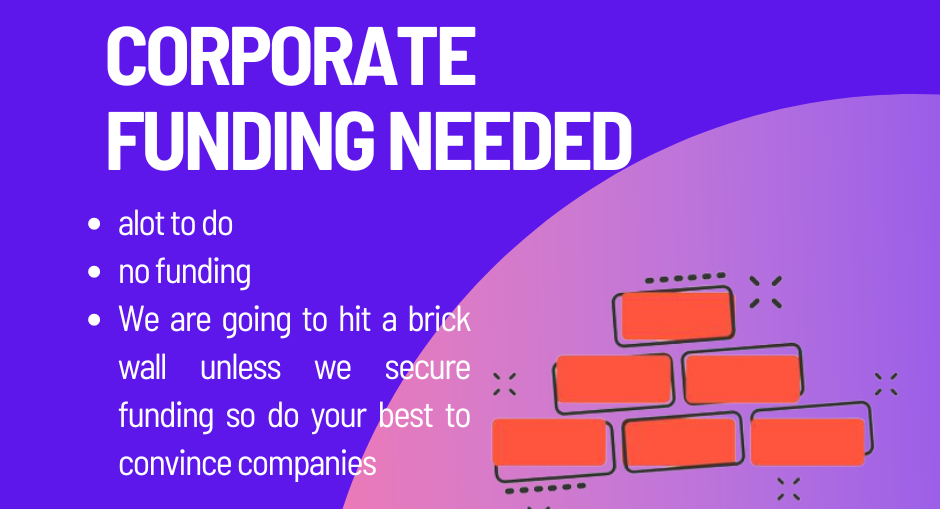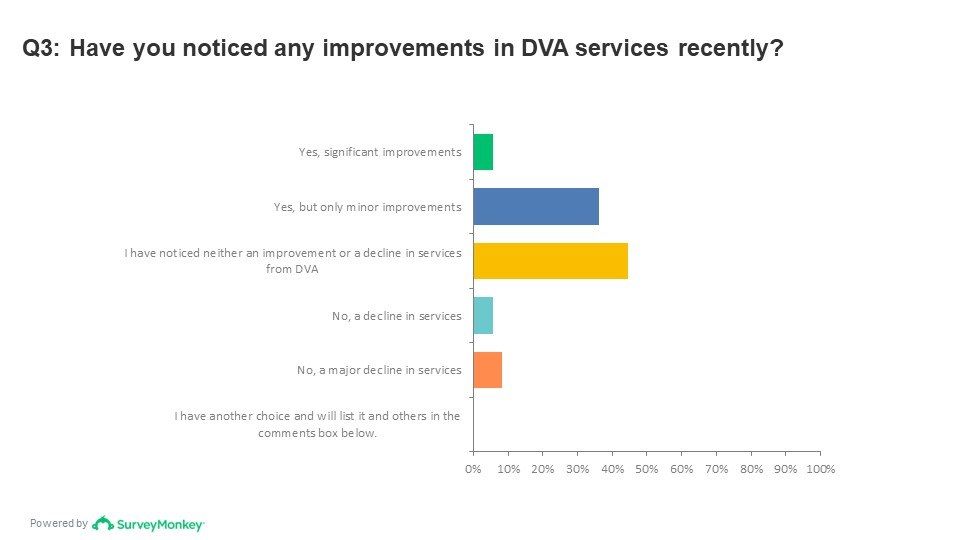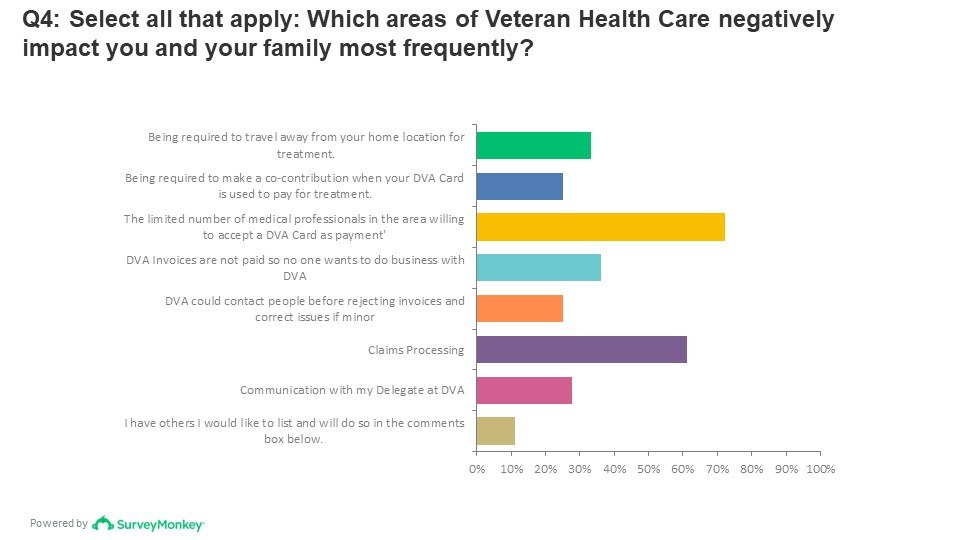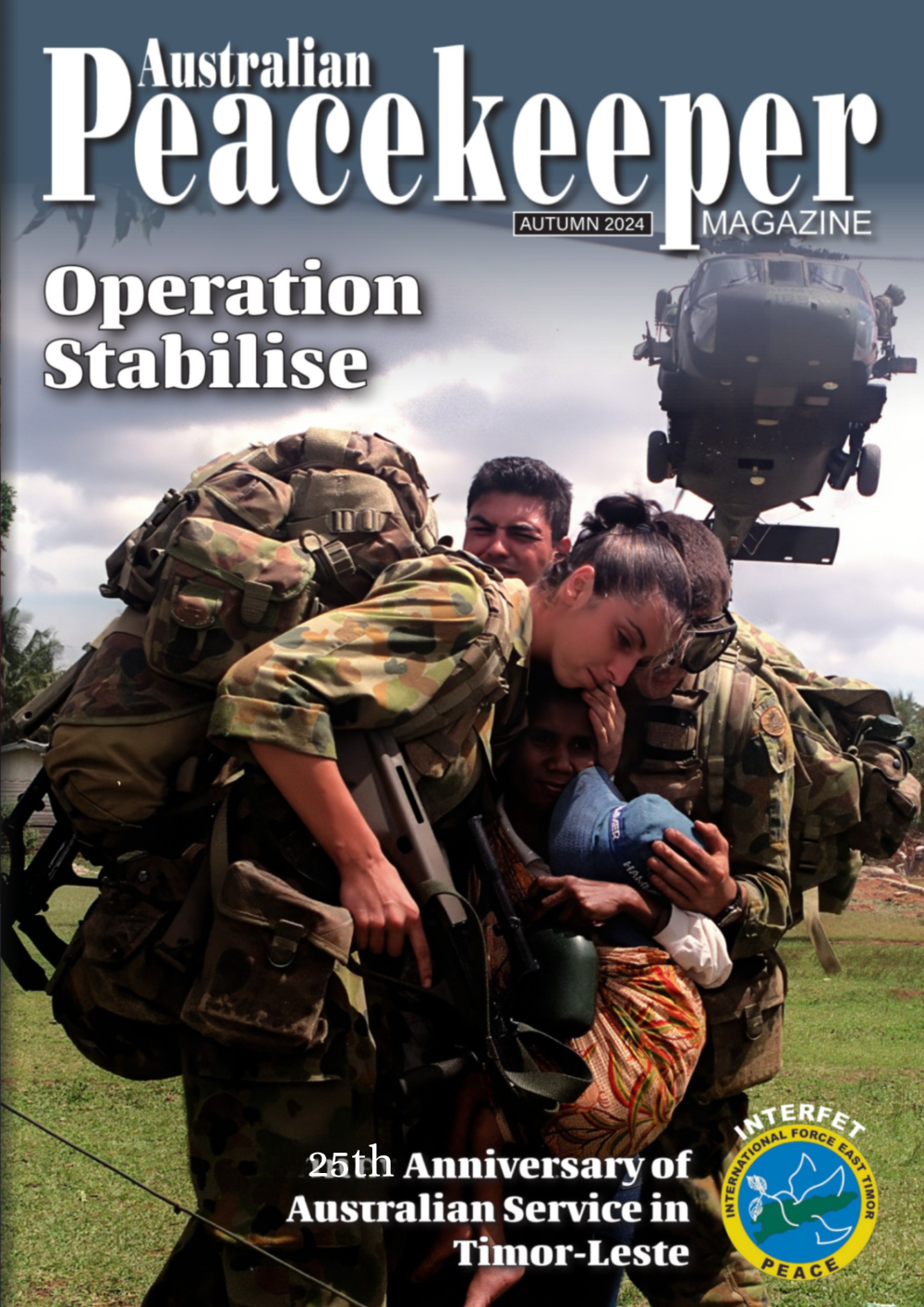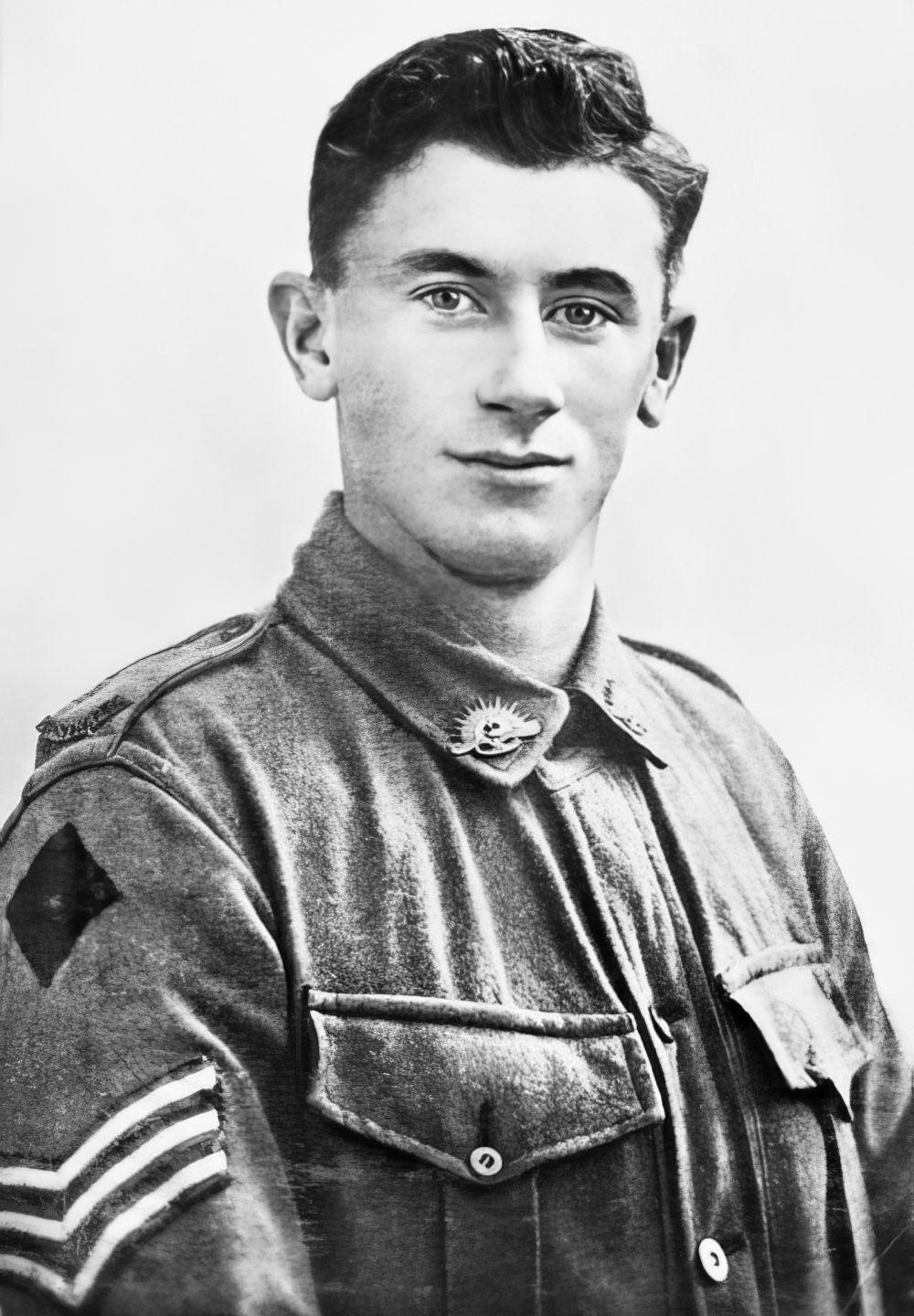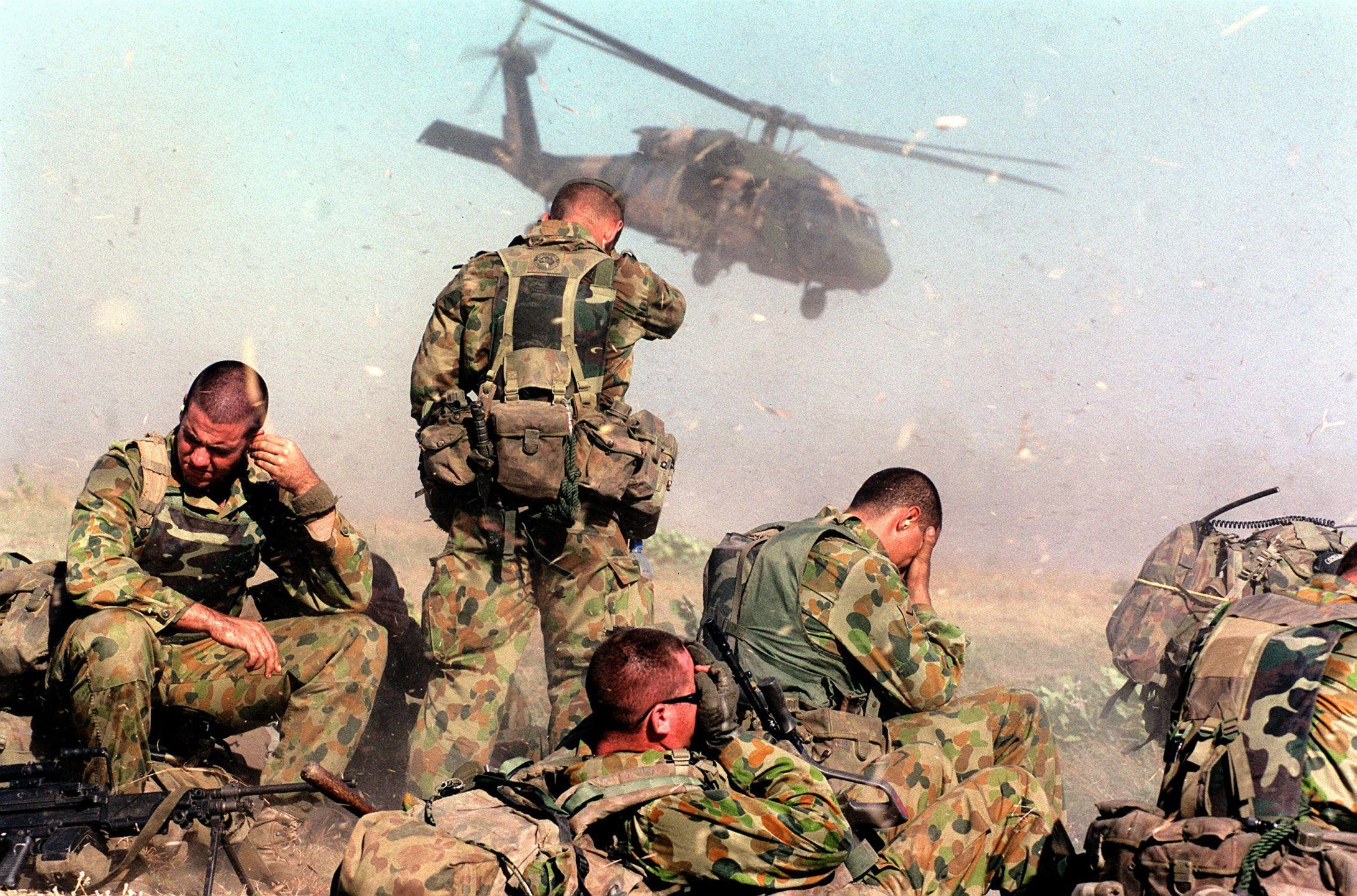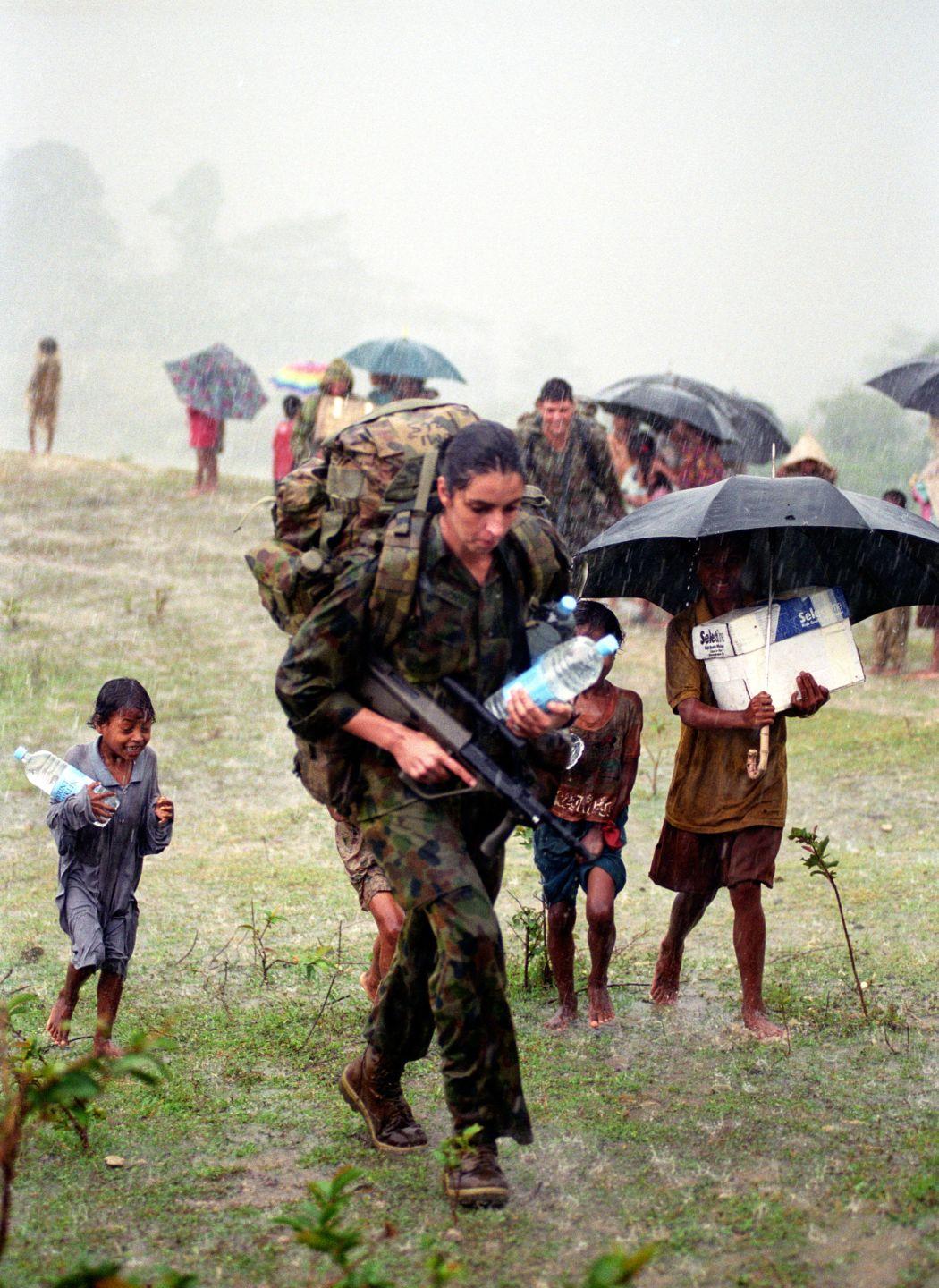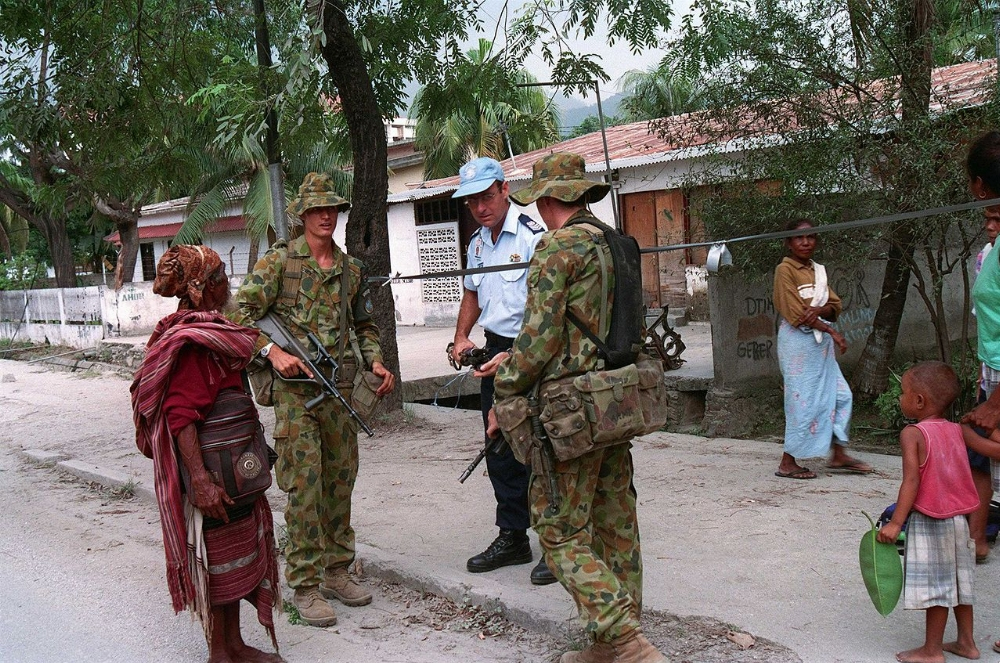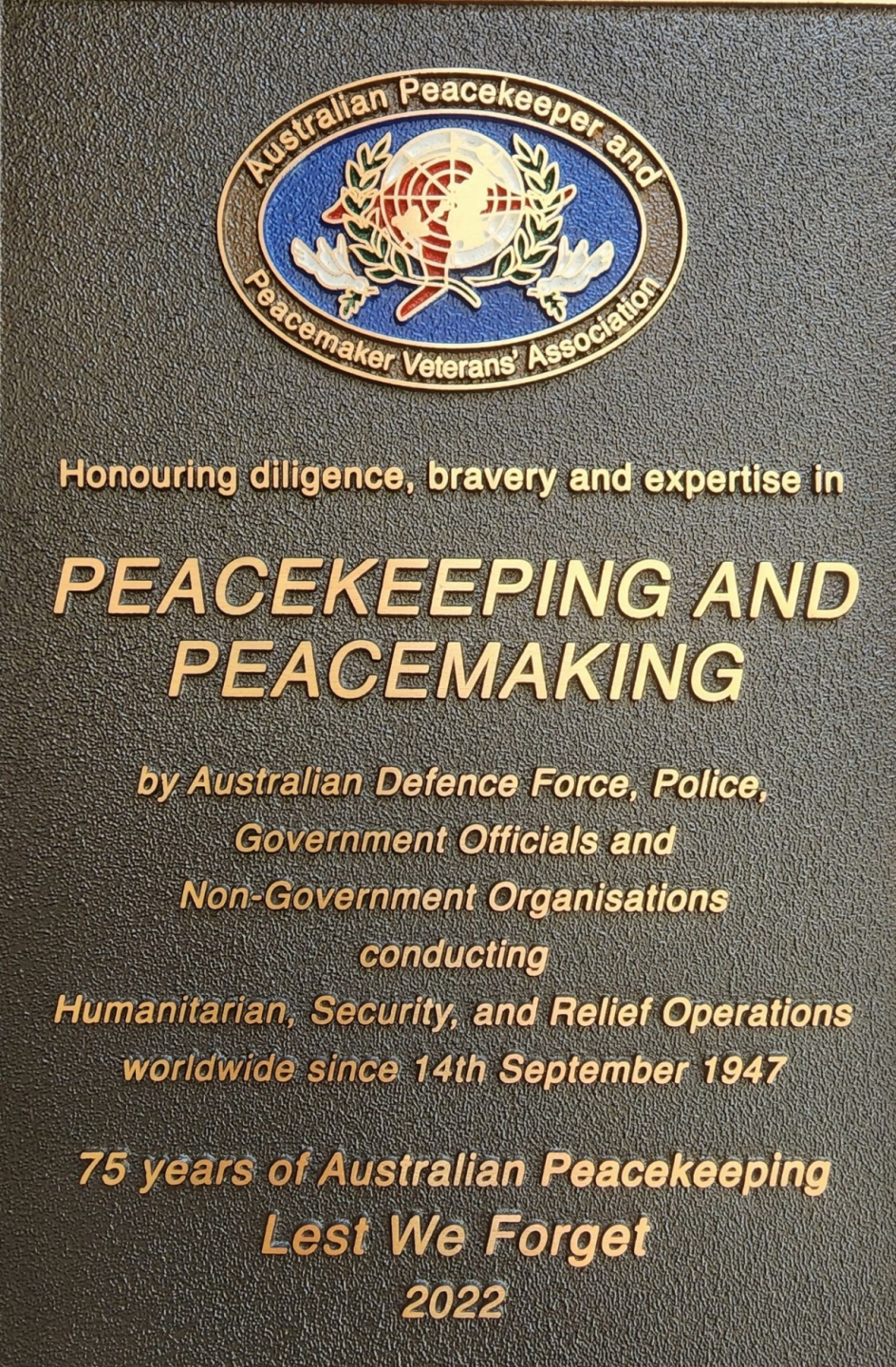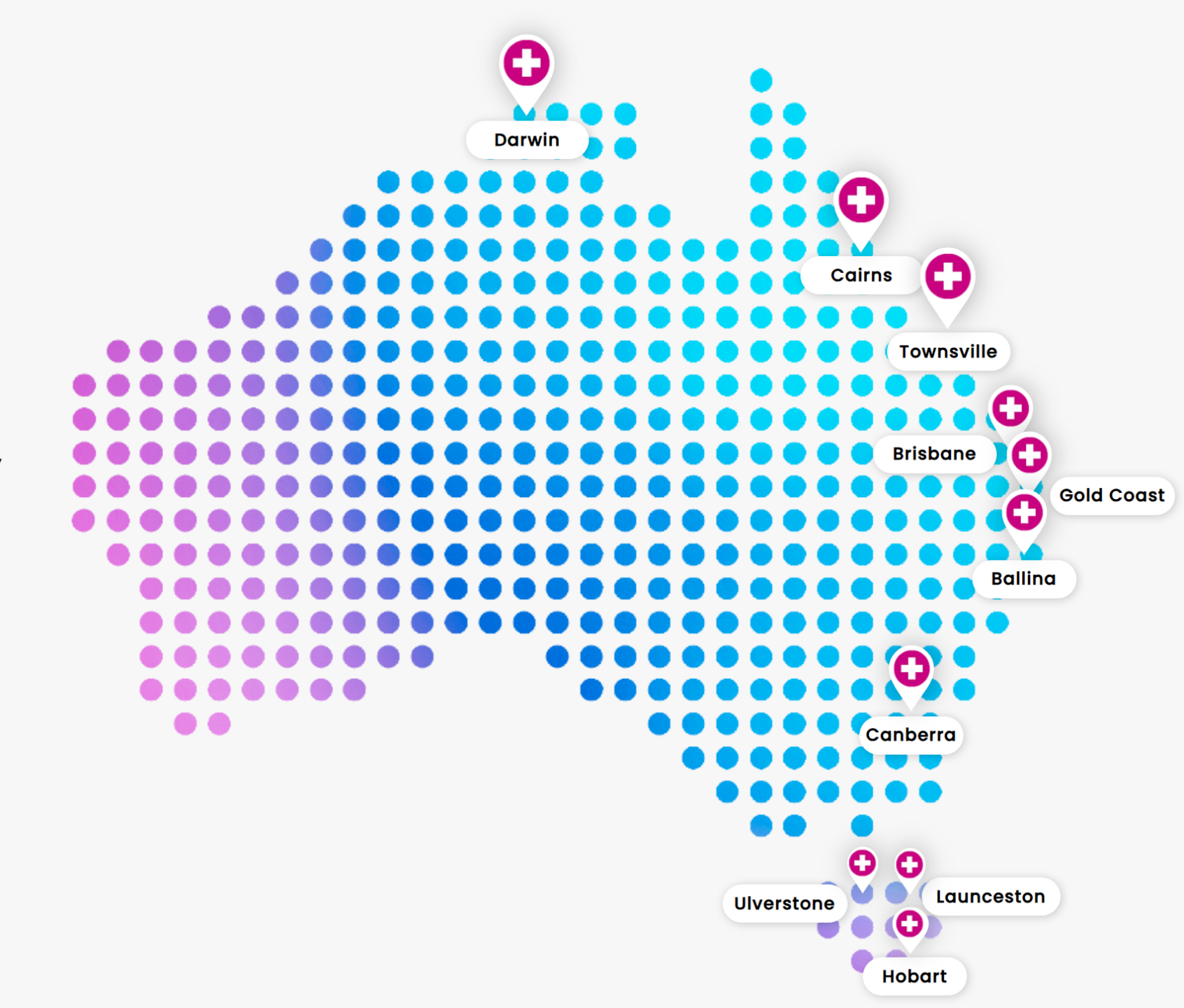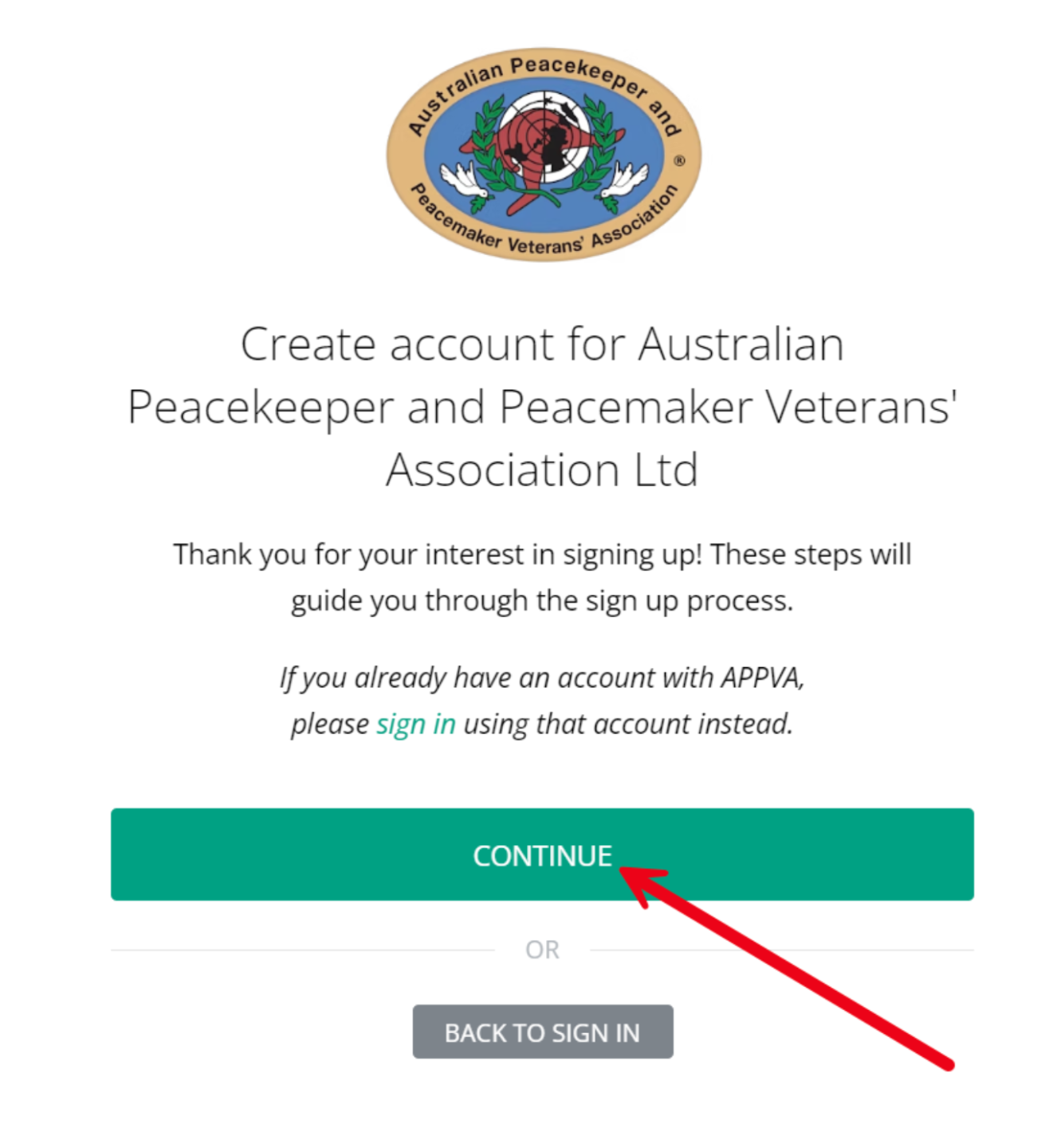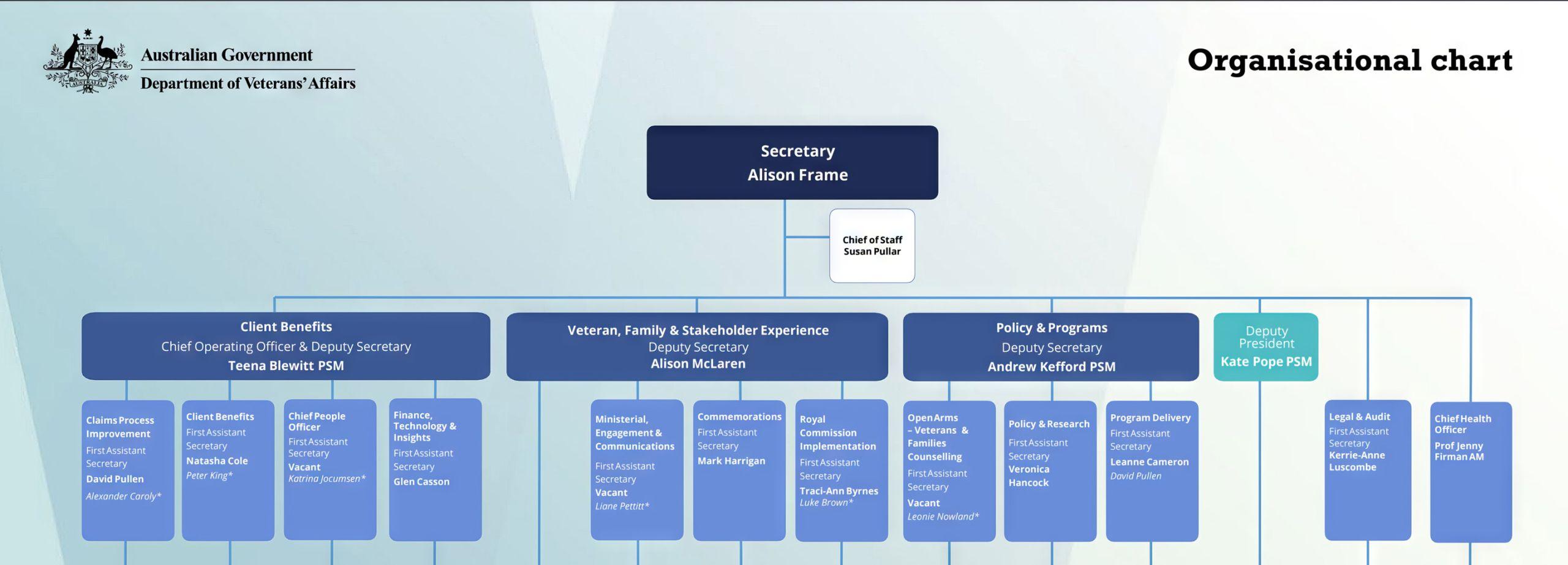Veteran Community Issues Meeting Thu 20 June 2024
INTRODUCTION
This veteran issues meeting will be co-chaired by Greg Whitehouse and Ian Lindgren
Join us as we delve into the daily challenges faced by the veteran and veteran family community, especially with the impending conclusion of the Royal Commission into Defence and Veteran Suicide we arrive at a crucial juncture awaiting the release of the final report on September 9, 2024. This moment prompts essential questions concerning progress in key areas such as:
- Addressing the underlying complexities contributing to the angst, complexity, and trauma which contributes to suicidality in the Defence and Veteran Community.
- Evaluating the proposed simplified and harmonised veteran legislation reforms.
- Ensuring that members of broader support networks and service providers linked to the Commonwealth are receiving adequate treatment akin to business expectations.
Moreover, since our last meeting, a pertinent question arises: Have the young children and adult children of veterans been duly considered, and have there been tangible improvements in their experiences? These pressing issues shed light on the intricate realities faced by individuals connected to the veteran and veteran family community on a day-to-day basis.
Some initiatives currently underway are firmly locked behind closed doors with no meaningful stakeholder engagement, yet at the other extreme others have been jointly planned by the Comonwealth, veterans and the veteran family community.
Lasty, is this where we expected to be when the Royal Commission into Defence and Veteran Suicide was established on 8 July 2021
We need attendees that are willing to speak up and more importantly take action, despite the potential negative consequences. We need to do all that in a controlled environment where emotions do not conflict or impede the outcomes.
EXECUTIVE SUMMARY
This position paper aims to shed light on the pivotal issues facing the veteran and veteran family community and to provide actionable recommendations for meaningful change. As our regular attendee from the Australian Commando Association ACT often states, "we need a framework for organising information to help provide timely, accurate, and relevant intelligence to our decision making process" because this will lead is down the path of identifying potential centers of gravity, and possible courses of action.
At the last meeting on 24 May we agreed:
- By 1 August 2024 to define and understand the most pressing veteran, veteran family community and veteran support network needs in order to present them to DVA in a manner that is sufficiently compelling it leaves no option but to resolve them.
- That our activity is not a DVA bashing activity; rather it needs to be balanced, so the Commonwelath and our community can work on it together.
The other actions and findings were:
- We commissioned a survey on Veteran and Veteran Community Health Care that is live at this link: https://bit.ly/3V5UXRs
- We asked why is it that the DVA Card is not accepted widely, and in some Garrison cities like Darwin significant numbers of veterans must travel to other states for treatment, and of note there are no women's health services that accept DVA Cards in Darwin and this might also be the case in Toowoomba.
- We found that the issue is not accepting DVA cards is widespread in every state and territory.
- Linked hand in hand with the former issue we identified concerns about the strict adherence to DVA fee schedules.
- We asked why is it that Garrison Cities and regional areas grant funding was confusing, duplicated and had no overall coherent purpose.
- We discussed the need for Veteran and Family Hubs to exist under governance originating in DVA, but delegated to hubs so they can make relationships locally and within the states..
- We disagreed with the former line from the Commonwealth that still comes out at times that “Despite the important role advocacy plays to assist and support veterans it is not something which is currently governed by any one party or entity”
- Those in receipt of aged care services indicated that quite often they are not allowed to receive DVA services and sometimes assets like wheelchairs and beds are removed.
- Children are often overlooked in terms of working with children certifications and also because within Open Arms children under 16 must have their parents present when it could be a parent that is the issue.
- From the medical community we had examples of continually being hundreds of thousands of dollars in debt and questionable pathways to clinical decisions. There was also a lack of transparency in decision making and concern that if you spoke out you would be removed. (Late Note: I felt that this was limited to some degree, but as we will find out this week, it is much broader and affects allied health professionals in other ways as we hear from an audiologist with issues with the Provider Upload Page and Transaction Reference Number)
On a positive note, we have spoken to the Deputy Secretary Policy and Programs, and if we can get examples to him and they are correct, he will do his best to solve them rapidly. This is typical of the new leadership immediately below Alison Frame. So that falls on us, the veteran and veteran family community to undertake.
DVA have agreed to attemd out August meeting, so that gives us our time and space.
How to achieve this?
We need volunteers to do this. It is not the time to listen out of interest; instead, it the time to act decisively after thorough consideration.
Lastly from a personal point of view I advise that we have two businesses express interest in assisting us as part of their corporate social responsibility programs, and while neither is locked in, we must continue to market our need because it is then that we will gain traction. So please do not forget to approach businesses for tax deductable corporate funding.
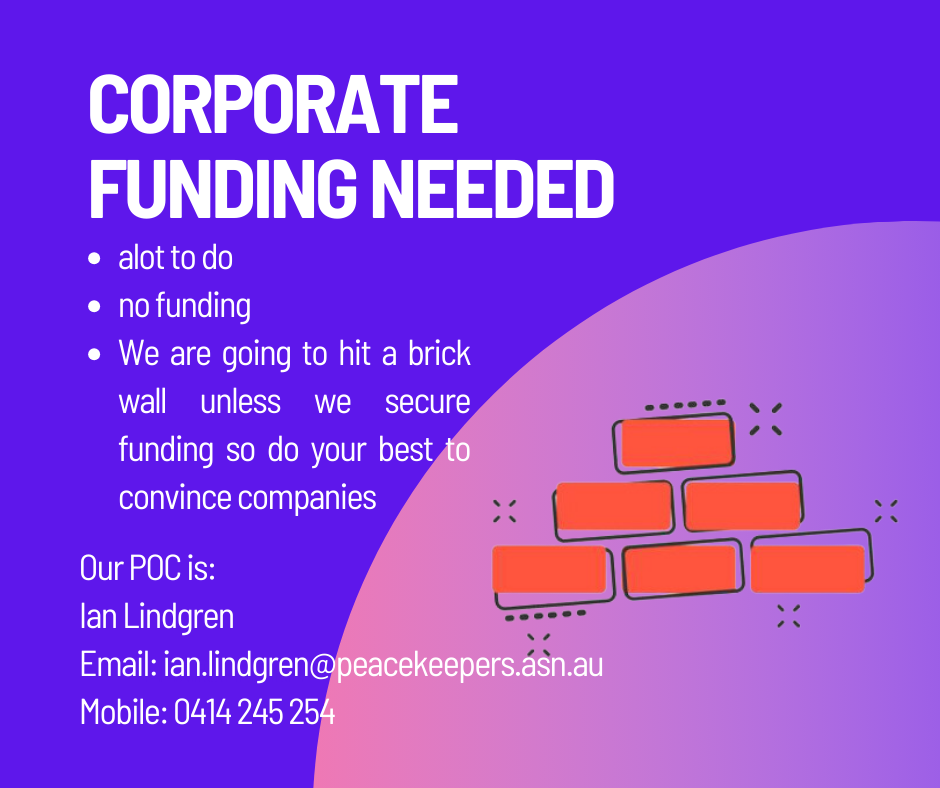
VETERAN COMMUNITY ISSUES MEETING ON 20 JUNE 2024
The Current Situation.
- The Royal Commission. Over the last three years, the Royal Commission has been a pivotal force in examining the systemic issues affecting veterans. Tension is palpable within the Commonwealth as Commissioner Nick Kaldas has publicly criticised various entities, adding urgency to address these unresolved issues. I have developed the sense that the final report from the Royal Commission is not going to be kind to many who are supposed to be supporting us. We should also note that one 11 June 2024 the Royal Commission into Defence and Veteran Suicide had planned to deliver a special report to the Governor-General in June, detailing a proposal for a new entity to follow the Royal Commission. This new entity would provide independent oversight - including monitoring the implementation of the Royal Commission’s recommendations - and help ensure that the prevention of Defence and veteran suicide and suicidality is a paramount consideration for Government and relevant agencies. The Royal Commission had planned to deliver this recommendation in advance of the Final Report, in recognition of the urgency of addressing the national crisis of Defence and veteran suicide. However, the Royal Commission has decided to delay delivery of the special report to allow the Commonwealth appropriate time to respond to matters arising during procedural fairness processes. As such, the recommendation for establishing a new entity will instead be included as part of the Final Report, to be delivered to the Governor-General on 9 September this year. See.
- DVA. As a member of the Ex-Service Organisation Round Table (ESORT), I have witnessed significant efforts by the Secretary, Deputy Secretaries, and Commissioners to address veteran issues. However, many middle to high-ranking public servants seem resistant to genuine change, focusing more on internal processes than veteran and veteran family outcomes. More recently the stresses apparent are now preventing us from asking questions of the leaders in DVA below the Deputy Secretaries and the Commissioners. Thankfully we now have a single channel in approved by the Secretary to pass these questions. No one is trying to offend anyone, but the "tug of war" between the two states of mind in Table 1 below of being in an organisation that has sound leadership at all levels, where the executive team is healthy and aligned, compared to an organisation that does not display these characteristics has polarising characteristics during change management.
- The ADF. The ADF is out of my scope, and many will have varied opinions, through relationships I have made I know that the people delivering the work they are being tasked with delivering, are working their rear ends off getting it done.
- The Commonwealth. The Commonwealth aims to harmonise legislation by modifying the Military Rehabilitation and Compensation Act (MRCA) as the new veteran legislation. Despite claims of thorough consultation, the approach has been piecemeal and we have no veteran and veteran community position. It will be put to Parliament in June 2024. The simplified legislation will continue to create the angst, complexity, and trauma which contributes to suicidality in the Defence and Veteran Community. Why is this so when every other Australian can have workplace injuries assesses and finalise in months as the norm, and fe wpeople need volunteers quasi legal advisers to assist at all times due to complexity.
- Service Providers. Service providers dedicated to supporting veterans face numerous challenges, from unpaid invoices to bureaucratic inefficiencies. The claim that 97% of invoices are paid on time masks deeper issues, such as delayed payments to major service providers. How many years have we seen the message "we are experiencing an increase in invoices so expect delays?" I continually see that same businesses between $200,000 and $600,000 behind in invoice payments between 30 and 60 days overdue. Is this why some businesses make veterans pay up front now, or just simply do not deal with the Commonwealth?
KEY CONSIDERATIONS
Veteran Suicide. There is nothing more important to act on.
Change Management. One of the most stressful and challenging business activites that often fail. Table 1 below shows some of the characteristics that insert themsaleves.

KEY ARGUMENTS
- Where is the promised improvements for veterans and the veteran family? When I attended a briefing on the new legislation reform to simplify and harmonise veteran compensation and rehabilitation legislation, and I won’t attribute this comment to anyone, but it was presented as ”the simplified system will be an unchanged MRCA. This a good because we won’t need to train people in a new act, we can use the same processes, and we won’t need any new systems.” There is no mention of the word veteran, veteran family or veteran centric in there. It is focussed on everything other than the veteran or veteran family. The simplified legislation will continue to create the angst, complexity, and trauma which contributes to suicidality in the Defence and Veteran Community. Note: I want to acknowledge the former SES Band 1 Officer that led the work. He did an outstanding job given the task he was issued.
- Why wasn't a green fields solution considered? I can't repeat the answer.
- Resistance to Change: Despite the leadership's willingness to implement change, some senior managers within DVA exhibit resistance, compromising potential progress. Overcoming this resistance is vital for meaningful reform. Many current initiatives are predominantly inward-focused and not genuinely aimed at improving veteran outcomes. A more outward, veteran-centric approach is needed
Governance. Governance, or "how stuff works", is essential to be clearly defined and optimised and continuously improving. There is not much of this. According to the Australian Institute of Company Directors corporate governance is the system that
- directs and controls an organisation. It is the framework of rules, relationships, and processes that direct and control an organisation. It ensures that the organisation can meet its mission effectively. Given than DVA outsources to ex-service organisations much of the activities that are delivered to it to assist it in meeting its outcomes to Government, corporate governance extends outside of DVA to those business processes that deliver to DVA. So, then we have to consider Management. 'Governance' is different to 'management'. 'Governance' consists of oversight and setting the organisation's strategy, risk tolerance, policy, and culture. Management is about executing day-to-day operations. Here we ask:
- Is all the investment in ESOs delivering interoperable solutions, and
- given our focus on children is everyone that works with vulnerable people, the disabled and children on a daily basis holding a valid working with vulnerable people or children certifications?
- The simplified veteran legislation will continue to create the angst, complexity, and trauma which contributes to suicidality in the Defence and Veteran Community.
Who Defines Veteran and Veteran Family Issues? Veterans and their families or a public servant bureaucracy?
SIGNIFICANT INITIATIVES
The Advocacy Working Group. Before I state the purpose of this group; to me the major agreement that has come out of this working group that has re-started three times is that prior to November 2023, it was DVA’s policy that advocacy was governed by no one. It just all happened. This has changed the results of the first two working groups were not presented to ESORT. DVA has taken ownership of the governance of advocacy. The new working group is discussing an independent body to govern advocacy. This would be a company limited by guarantee and governed by a board. This is good because the Advocacy Training and Development Program has not worked.
Offsetting and Superannuation Working Group
This has been split into two working groups because the taxation working group based largely in the Douglas Case implications is far more complex than Offsetting on its own. The group which consists of members from the Young Veterans Forum and ESORT, and an adviser provided by the Australian Peacekeeper and Peacemaker Veterans Association, has met once last month and writing the terms of reference the veterans recommended that the two elements separate.
ESO Peak Body Draft Options Project
DVA has taken the initiative here and has an independent company reviewing the various proposals from do nothing, an ESO Peak Body, to a whole of veteran community independent governance body.
Aged Care Working Group
There are concerns Australia wide about aged care for veterans and despite our requests to have this conducted as a joint veteran and DVA activity, this is being conducted internal to DVA. I actually have a issue that is being investigated because children of veterans are expected to take up the liaison role with DVA when their parents are placed in aged care. The request for a day long investigation was made in Sep 23 and began in earnest after escalation three weeks ago. I expect as an ESORT member to see the results in a unfiltered way and with only the privacy issues that are needed. Something triggered a family to spend over 20 hours on the phone with me, make a complaint to DVA and provide some 70 pages of notes to me. Not to mention losing entitlements and then having them reinstated when I intervened.
Grants Advisory Working Group
This is a working group that has a sound terms of reference, but for some reason has ceased progress.
Significant Veteran Issues
That is a fair bit to absorb, but we should be able to agree on and define the most significant veteran and veteran community issues this Thursday if we approach this is a coordinated manner. No emotion: no need to restate the moral trauma you have experienced, and we will not tolerate disruption. Disrupt and you get one warning and then you are out.
CONCLUSION
We stand at a pivotal moment for the veteran and veteran family community, and also for those that support us.
Only veterans and veteran family members can define lived veteran experience. A public servant bureaucracy cannot do this and if it tells us what our issues are they are unlikely to be accurate.
While significant efforts are underway, much remains to be done to ensure that initiatives are genuinely veteran-focused and outcome-oriented. By addressing issues from the bottom up without filtering and developing them into top down engagement as a major stakeholder, we can support DVA in making positive, lasting changes. It is not something that can be done in isolation by any party.
CALL TO ACTION
We urge you to join us in advocating for these critical changes. Together, we can make a difference. Register to attend this Thursday 20 June 2024 between Midday and 2pm Canberra time.
Registration Link: https://us02web.zoom.us/meeting/register/tZcldeiprzsvHtCVpuhCG29DUJh9yf6jK83U

